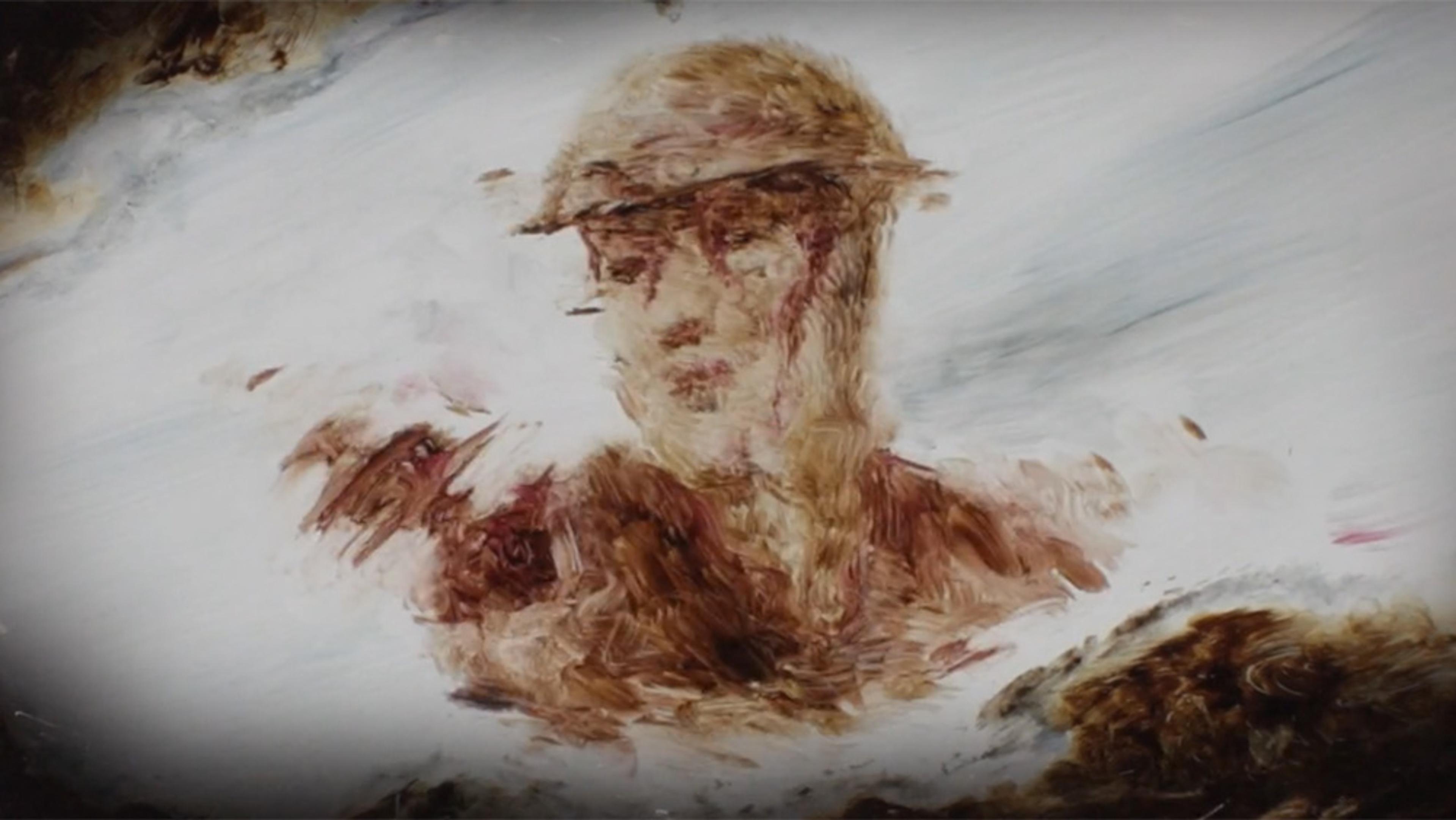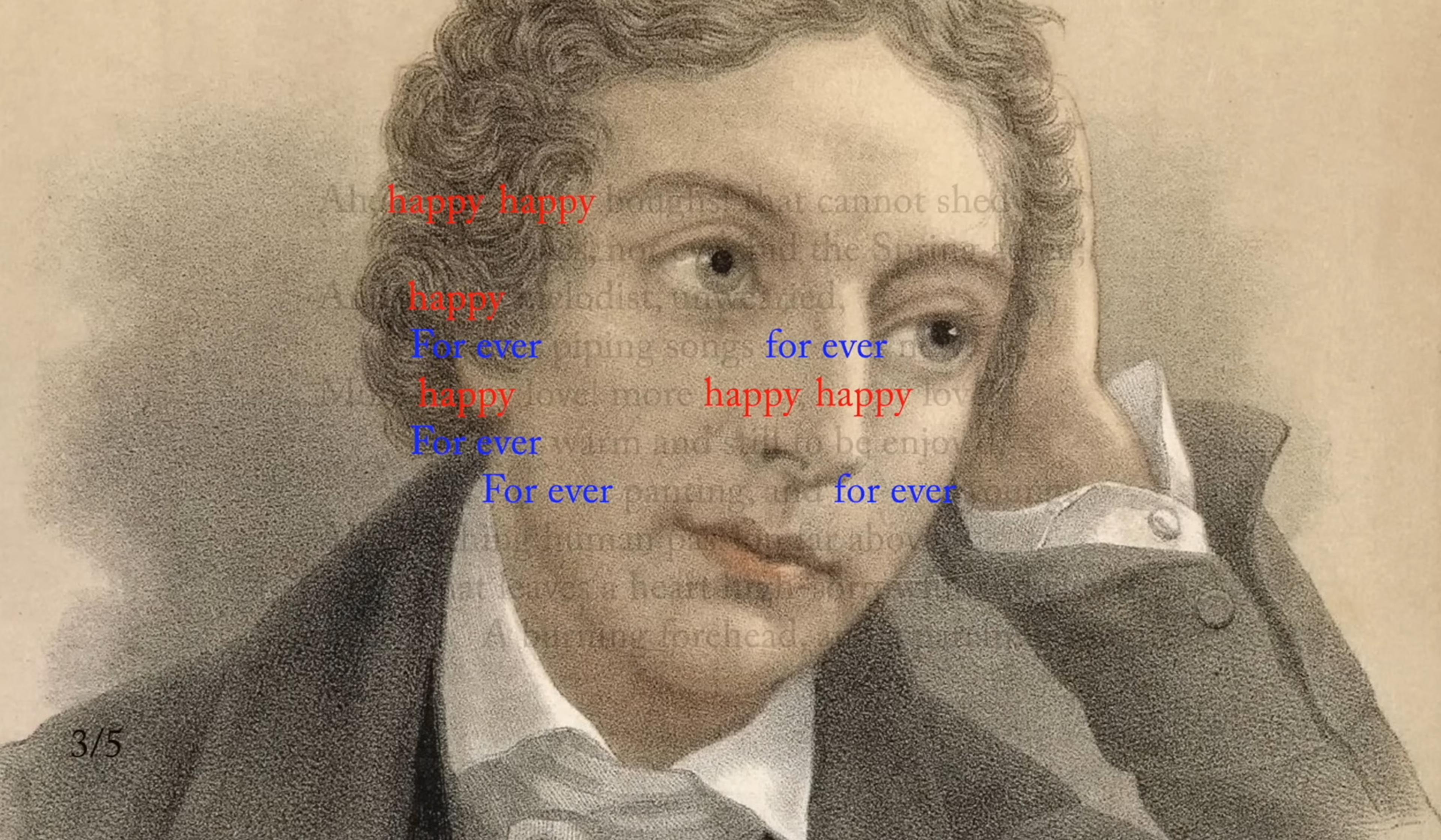Commemorating the centenary of Armistice of the First World War, this short film combines three poems written by men who died in the bloody conflict. Their poignant words are linked together by a loose narrative rendered in cut-out puppetry, forming something of a three-act exploration of the war from the perspective of those who fought in it. In the poem ‘The Owl’ (1915) by the English writer Edward Thomas, a narrator considers the gap between those to whom discomfort is a temporary nuisance, and the ‘soldiers and poor, unable to rejoice’. In ‘Dulce et Decorum Est’ (1920) by the English poet Wilfred Owen, a narrator spares no horrific detail while describing the experience of chemical warfare. And the Canadian poet John McCrae’s ‘In Flanders Fields’ (1915) is told, quite hauntingly, from the perspective of the war’s buried dead.
A century later, can poetry help us make sense of the First World War’s horrors?
Video by the Poetry Foundation and Manual Cinema

videoWar and peace
The eerie serenity of a summer’s day by water, before one of history’s bloodiest battles
4 minutes

videoWar and peace
A frontline soldier’s moving account of the fabled ‘Christmas truce’ of 1914
12 minutes

videoStories and literature
To capture grief in poetry is to describe the ineffable. Here’s why Tennyson did it best
8 minutes

videoThe environment
Clearing the Zone Rouge in France, where First World War debris still poses a threat
15 minutes

videoConsciousness and altered states
‘Then – fit our Vision to the Dark’: exploring sight with Emily Dickinson
2 minutes

videoStories and literature
What makes John Keats’s ‘Ode on a Grecian Urn’ so enduringly powerful?
10 minutes

videoNature and landscape
‘A culture is no better than its woods’ – what our trees reveal about us, by W H Auden
5 minutes

videoMood and emotion
What it’s like to be a sniper in an unpopular war
7 minutes

videoStories and literature
How E E Cummings’s most famous love poem reaches towards transcendence of self
9 minutes